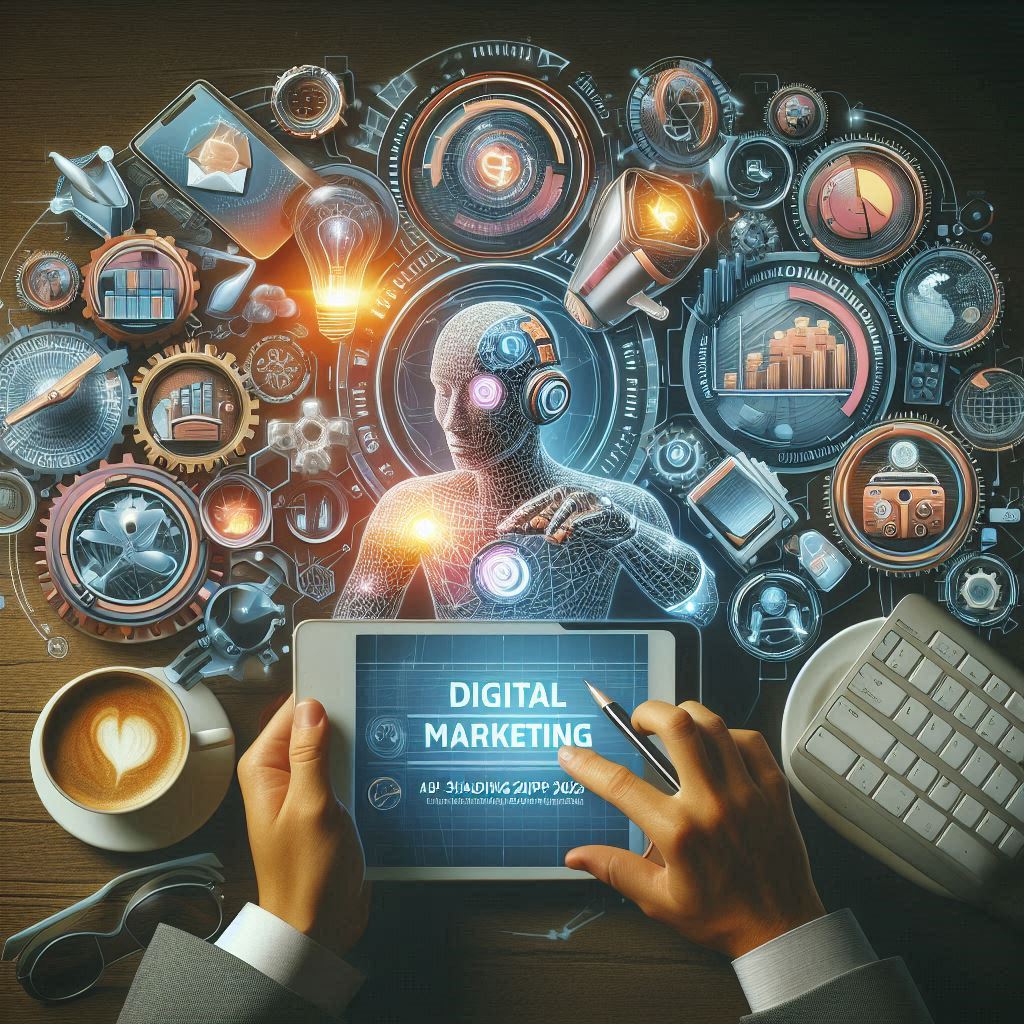The world of digital marketing is all set to embrace radical changes in 2025. Evolving consumer expectations and technological advancements are driving more personalized and immersive experiences for consumers. Consumers today look for authenticity, shared values, and meaningful connections that resonate with them at a personal level. Traditional advertising does not adequately fulfill this demand; neither does flooding their devices with endless promotions. Mass media advertising is fading, and is being replaced by innovative, immersive brand experiences. Hyper-personalization is quickly becoming the norm. All these changes call for a complete rethink of strategy.
Digital Marketing in 2025: What to Expect
The Yahoo Singapore Digital Marketers Pulse study examined key challenges, opportunities, and motivations that will shape Singapore’s marketing landscape through 2025. The study highlights the emphasis on data-driven strategies, AI integration, and a need for balanced, performance-focused approaches.
These findings not only show the shift in the marketing landscape in Singapore, but also reflect the evolving digital marketing trends worldwide. More importantly, it underscores the focus on cost-efficiency, performance-driven methods, and the need for transparent, innovative strategies to navigate the rapidly changing digital environment.
Key Trends in Digital Marketing for 2025
1. Data-Driven Strategies
Digital marketers today have more data about their consumers than ever before. They are increasingly relying on data insights to create and refine strategies, enhance consumer targeting, and improve brand experiences. Studies reveal that 40% of brands plan to increase their data-driven marketing budgets. And businesses using data-driven strategies drive five to eight times as much ROI as businesses that don’t. This trend is likely to provide a much deeper understanding of consumers, facilitate better decisions, and contribute to more efficient and personalized marketing.
2. AI and Automation
AI and automation play significant roles in the shift towards data-driven marketing strategies. AI-driven content creation and automation will help streamline tasks, create personalized content, and enable predictive analytics to anticipate customer needs. AI-powered marketing personalization has been a game-changer in digital marketing, and will continue to play a key role in enhancing customer experiences and boosting conversions.
3. The Rise of Immersive Technologies
Augmented Reality (AR) and Virtual Reality (VR) have made it possible to engage customers in innovative ways. The use of AR and VR in digital marketing have refined virtual shopping and brand experiences by allowing consumers to interact with products and brands in a virtual environment. Trends such as “try before you buy” are likely to gain more popularity and enable better user engagement and retention by merging the physical and digital worlds.
4. Voice-Driven Marketing
The increased use of smart speakers and voice searches have contributed to the growth of voice-driven marketing. With voice searches growing in popularity, marketing content will be seen shifting towards more natural and conversational language. SEO strategies will focus on voice search optimization, using long-tail keywords and understanding user intent. These trends are crucial for businesses seeking to capture local searches to provide timely, relevant responses.
5. Ethical Marketing
Consumers demand greater accountability and transparency from brands. So businesses have to adopt transparent, sustainable practices. Ethical marketing is therefore another cornerstone of modern digital marketing. As a result, data privacy compliance will assume greater significance in the coming years. However, with AI-driven marketing strategies becoming more prevalent and popular, marketers are likely to encounter unique challenges in this area. Careful management of AI-driven marketing strategies is key to avoiding bias and protecting consumer data.
While these trends are most likely to dominate, marketers should also brace themselves for the possible challenges that await.
Challenges in Digital Marketing for 2025
1. Data Utilization
Although marketers have access to a vast amount of data, not all of them fully leverage it for actionable insights. They face several challenges in utilizing data. First-party data is increasingly vital as companies shift away from third-party cookies, and turn to first-party data for consent-based engagement. This approach strengthens trust but requires investments in consent management and data governance platforms, as well as in analytics tools.
2. Measuring ROI
Tracking effectiveness in an increasingly complex landscape will remain challenging. Measuring ROI is a complex task due to the multi-platform nature of digital marketing. Customer journeys may span multiple channels. Integrating data across platforms, such as combining social media metrics with e-commerce data, is crucial to obtaining a holistic view. Tools and frameworks that track customer interactions across these channels can help marketers attribute conversions accurately.
3. Maintaining Personalization
Keeping up with demand for hyper-personalized content while managing costs is difficult. The demand for personalization is steadily growing, with consumers expecting tailored experiences across digital touchpoints. However, implementing personalized campaigns is costly, with challenges in scaling these efforts with limited resources.
4. Navigating Platform Shifts
Open web and voice-first interactions require new strategies for SEO and ad design. As focus shifts towards more interactive and voice-enabled interfaces, SEO strategies need to adapt to ensure visibility in these emerging spaces. Optimizing for voice search and preparing for search engines that prioritize user intent over keywords requires innovative content strategies and continuous adaptation.
5. Balancing Innovation and Ethics
Brands need to innovate responsibly, maintaining transparency around practices. Balancing innovation with ethical responsibility is key to building consumer trust. Transparency in data use, clear consent policies, and socially responsible practices are increasingly essential.
Navigating the complex and competitive digital marketing landscape in 2025 requires a combination of responsible practices and data-driven, technology-based innovation. The ability to adapt, innovate, and maintain ethical transparency will be the defining elements of successful digital marketing in 2025.


